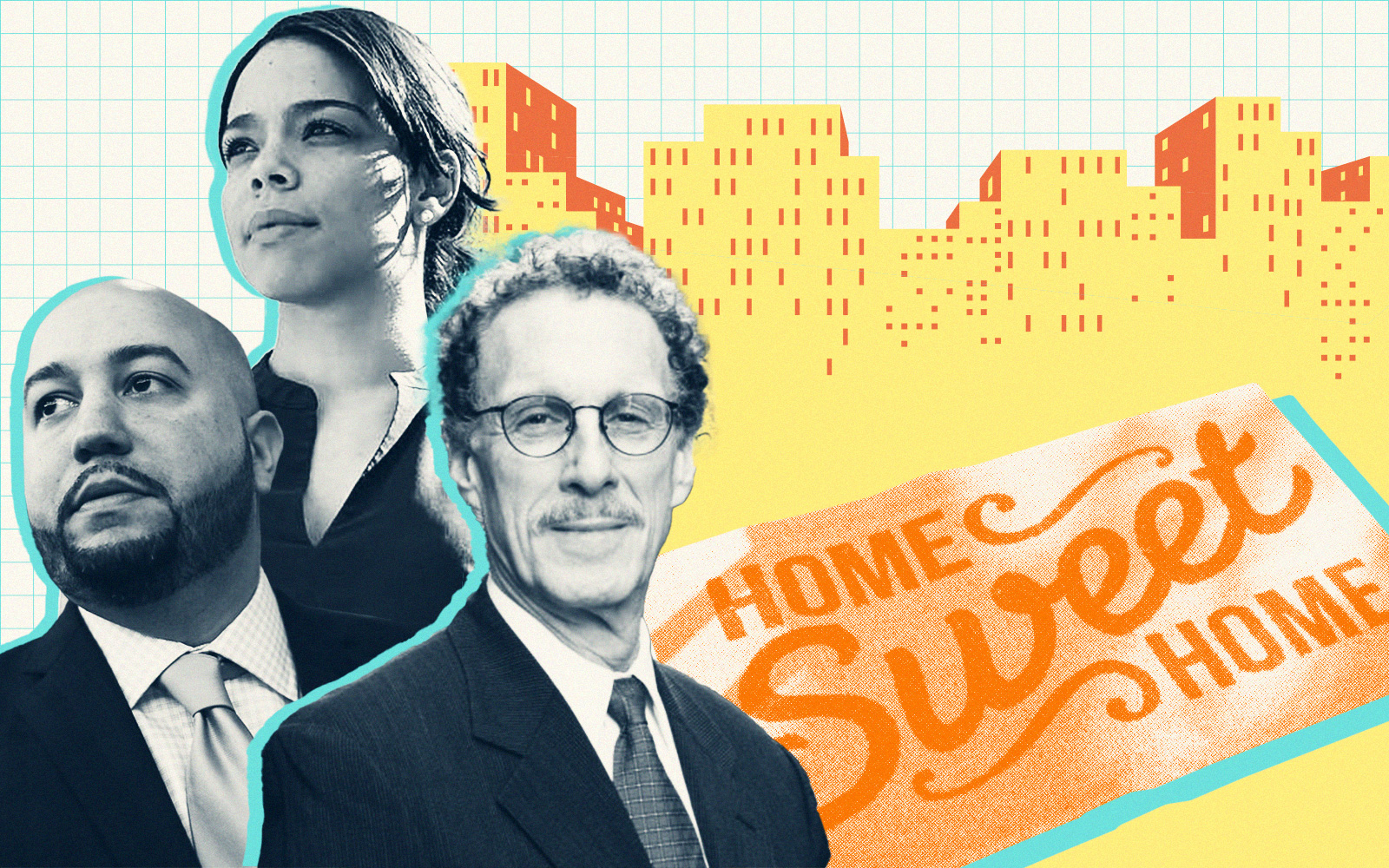Two days after state lawmakers finalized a budget that left out a proposed tax break for office-to-residential conversions, the “Conversion King” himself said he isn’t sweating the missed opportunity.
Metro Loft founder Nathan Berman, who has made a name for himself converting Downtown office towers into apartment buildings since the 1990s, said that although his firm has historically shied away from projects in Midtown, things have changed.
“We could never make the numbers work,” Berman said Thursday at The Real Deal’s New York City Showcase + Forum. “But what we’re seeing now is the values have come down to such a point that it’s beginning to make sense. And that’s without, frankly, any assistance from [government].”
Prices for older office buildings — structures ripe for conversion — are slipping to between $200 and $300 per square foot, the developer said.
That range will price many assets below the value of the ground they sit on, paving the way for developers to snap up properties they’ve been eyeing for transformation.
“I think you will begin to see a lot of conversions in Midtown start to happen because Downtown has been kind of, let’s call it, picked over over the past 15 to 20 years,” Berman said.
State incentives aside, the city has considered ways to incentivize conversions outside of the Financial District — a neighborhood in which a zoning tweak in the 1990s created a large pool of convertible buildings.
Last year, a task force recommended the city rezone parts of Midtown, an area heavily zoned for manufacturing, to create more conversion opportunities. So far, neither the mayor nor the City Council has acted on that.
But Silverstein Properties CEO Marty Burger, who teamed up with Berman to launch SilverLoft, a $1.5 billion conversion venture, said city help isn’t always a bonus.
“One of the things we learned working with Nathan was if you have to talk to the city, don’t do it,” Burger said. “Work on the next project because it’s too much brain damage.”
Burger added that a tax abatement pitched by Gov. Kathy Hochul to incentivize office conversions wouldn’t have offered much financial help, anyway.
The proposal extended a 50 percent break on property taxes over 15 years if a developer set aside 20 percent of a project’s units as affordable.
“We applied that to a building that we were working on and it didn’t work; it wasn’t accretive to what we were doing,” Burger said.
“So we said [to the mayor], this is a big political thing — don’t fight for it because no one is going to use it,” the executive said. “Even if it’s just break-even, we’re not going to do it.”
Burger said developers would need a 75 percent tax break over 25 years to bring development costs in line with revenue, given the affordable housing commitment.
Despite the energy around potential conversions, Berman underscored that those projects, which aim to redevelop obsolete stock, will address only a sliver of the city’s office inventory.
“Don’t expect this to be an avalanche of conversions in the city,” Berman said. “There’ll be dozens of conversions of large-scale buildings, but it’s not going to be en masse.”
“I wouldn’t be writing any obituaries yet for the office market,” Burger added. “It will be back.”
Read more



